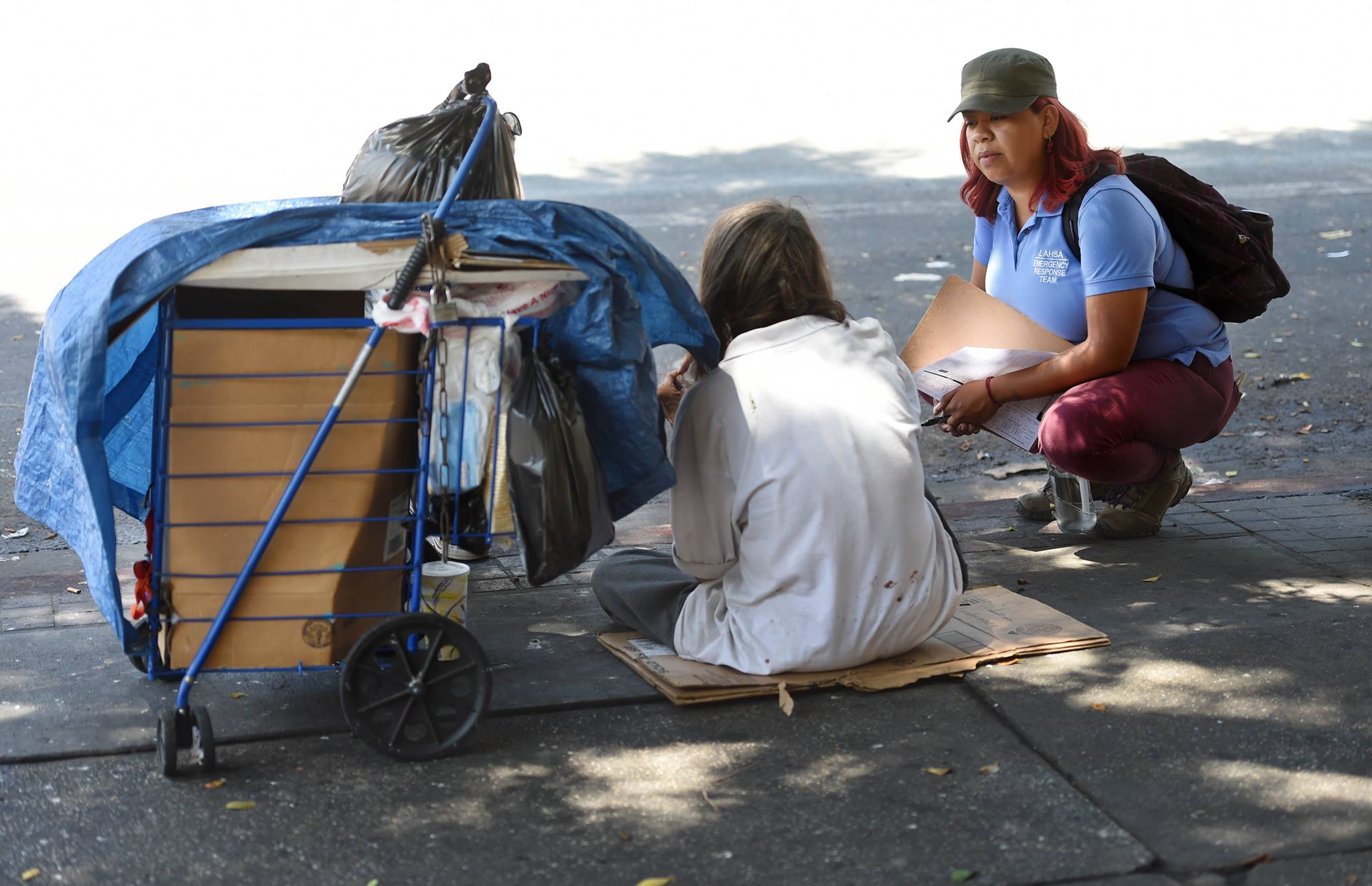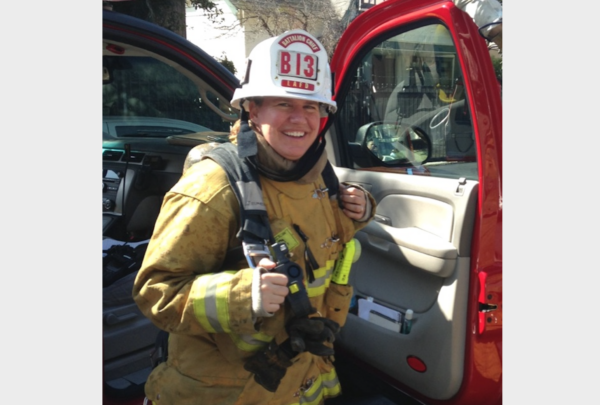The City Council voted Tuesday to explore having a third party conduct a count of Los Angeles’ unhoused population, as well as conducting a multi-year audit of the Los Angeles Homeless Services Authority’s previous counts.
LAHSA — an independent, joint powers authority between the city and the county — has conducted point-in-time homeless counts every year since 2015, with the exception of last year due to the coronavirus pandemic.
This year’s count showed a 4.1% increase in the number of unhoused people in Los Angeles County since 2020.
The city saw a 1.7% increase in homelessness since 2020, but council members have noted that the trends were not consistent across council districts.
Council members sought more information from LAHSA and the city’s housing department regarding the progress of housing interventions between the 2020 and 2022 point-in-time counts. They also called for a report on intervention strategies implemented by each council district in the past five years.
“We do not have any guarantee that units we are working hard to build will actually go to people experiencing homelessness in the surrounding community,” Councilman Curren Price said when the motion was introduced.
“We cannot ask our constituents and taxpayers to carry the burden of ending this humanitarian crisis without delivering on our promise to see the people in our own neighborhoods housed first.”







